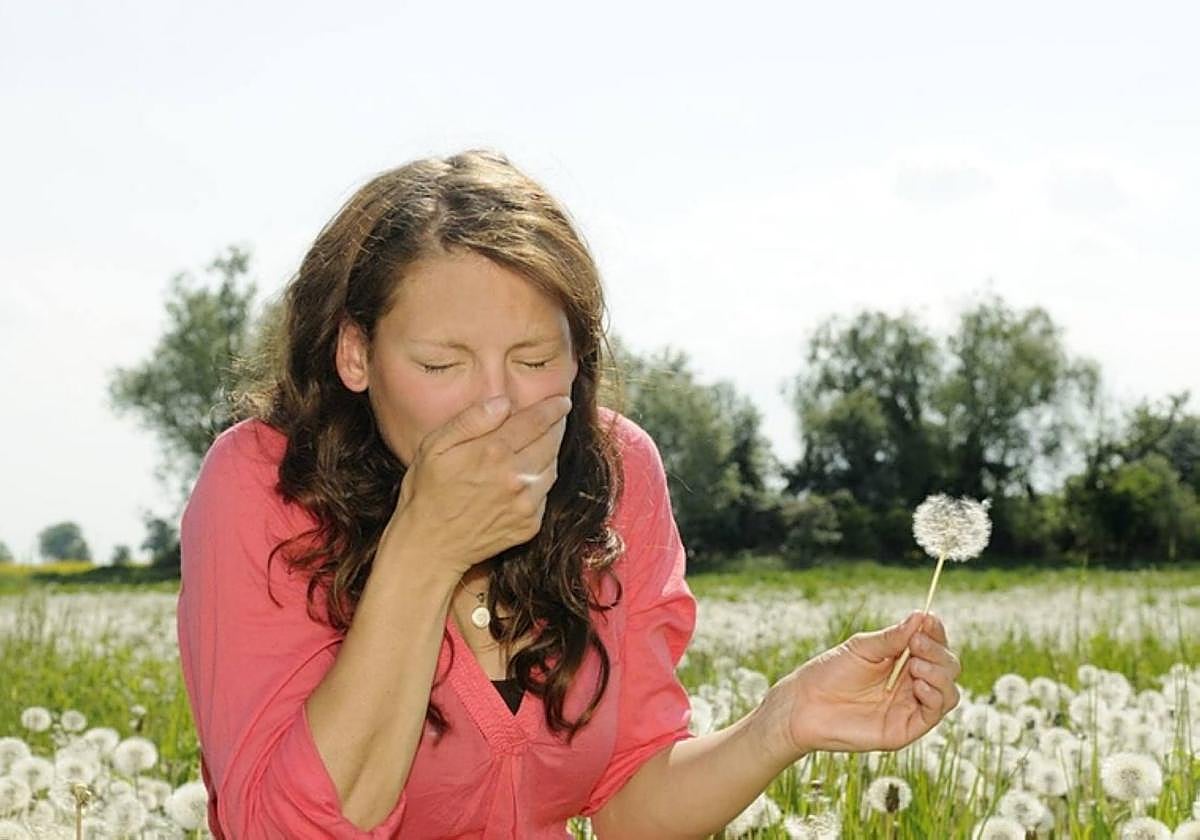Less olive pollen to provoke allergies this spring
The pollen production from olive trees this year is lower but others, such as cypress pollen, has increased
Iván Gelibter
Malaga
Viernes, 21 de abril 2023
Sneezing, itchy nose and throat or red eyes are symptoms that are usually common in spring, with the arrival of allergies caused by different types of pollen. However, in 2023 - at least in Malaga province - the incidence of this problem will be lower, mainly because the heat and lack of rainfall are preventing the proliferation of these microscopic plant grains.
This is confirmed by Paola Palao, allergist at the Hospital Regional de Málaga, who adds that Malaga is not the worst for people who suffer with this type of allergy.
"People allergic to pollen are going to have a slightly variable spring, as here in Malaga the main problem is caused by olive tree pollen. This year will be better than 2022 when almost incalculable figures were recorded". she recalls. The reason for this drop is the quantity of pollen depends a lot on the rainfall and climatic changes.
"One also has to take into account that this tree usually flowers prolifically every other year. That is why last year a lot of people suffered with allergy symptoms related to olive pollen. This year the trees are producing more growth, which lowers the intensity of the pollen", she explained.
Paola adds that in spring, the predominant pollen is grass pollen, although this is not the case in Malaga. In fact the meters located at the University of Malaga are barely detecting this type of pollen at all, although they do warn of a third type: cypress pollen. "It has been a tremendous surprise this year, because it is a pollen that usually only appears in December and January, a little before spring. But climate change, with high temperatures and little rainfall, has meant that it has started to be noticed at the end of winter. We are now in spring and we still have considerable levels of cypress pollen," she says.
In quantitative terms, Malaga is not the worst province for allergies, "In provinces such as Jaén and Seville for example, they are going to have it bad this spring, like they do every year, as olive tree pollen predominates there".
